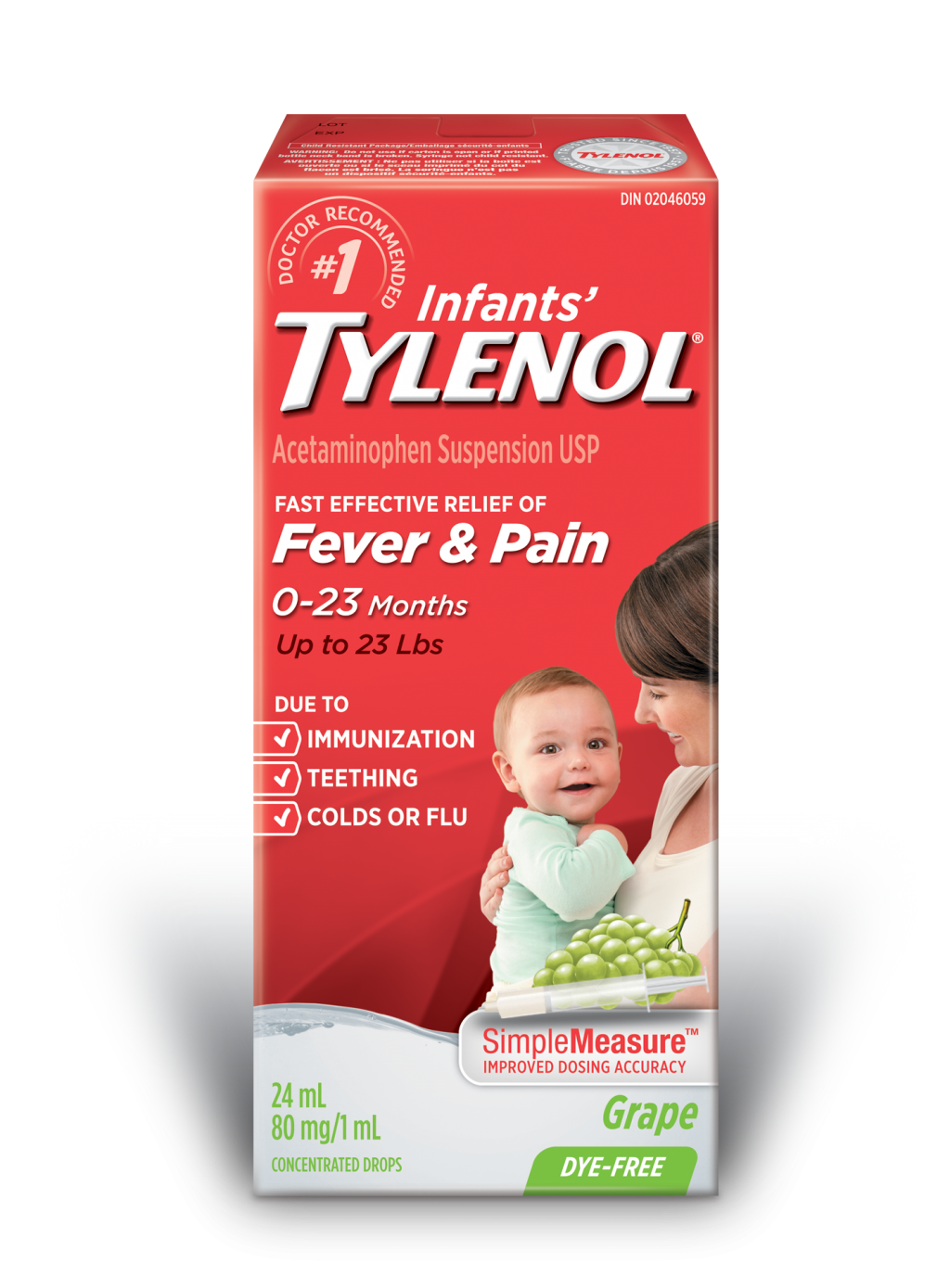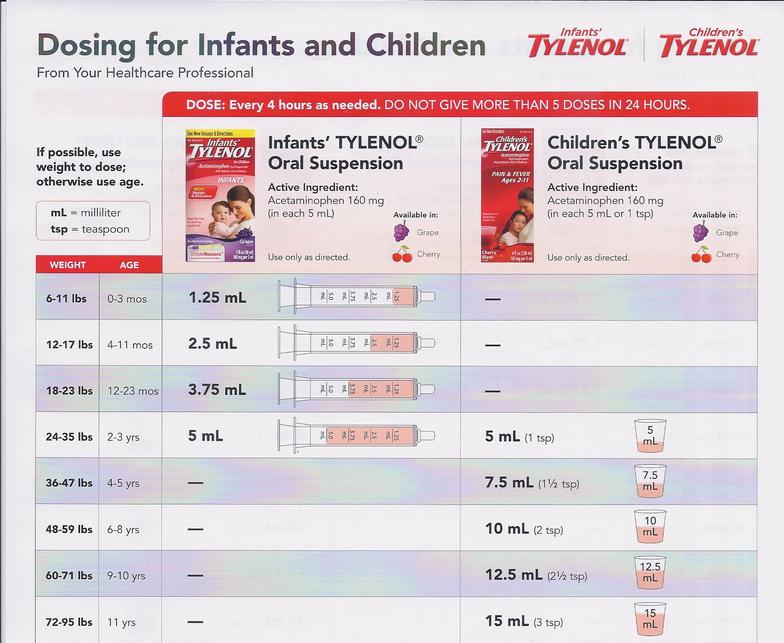Baby Tylenol

Contents:
- Baby Tylenol
- Indications for Use
- Dosage and Method of Administration
- Side Effects of Tylenol
- Contraindications
Baby Tylenol
Tylenol is the cold remedy. It falls to the group of nonnarcotic analgetics. The drug impacts thermal control centers, ache centers. Its active substance is paracetamol. Tylenol does not negatively affect the mucous membrane of the water-salt metabolism and gastrointestinal tract.
It influences the thermal control and ache centers, thus, decreasing the body temperature and relieving pain. This drug does not cause retention of sodium ions and water in the body. Moreover, it is proven to be safe for the digestive tract the walls of which are mostly exposed to other similar drug effect.
Indications for Use
Tylenol drug is intened to reduce fever that develops during infection processes and helps to relieve tooth ache, headache and pain caused by migraine, arthralgia and myalgia that develop in case of algodismenorrhea.
Dosage and Method of Administration

Tylenol is taken orally at 1 to 2 hours after meal. It’s single dose of 500 mg is prescribed for children aged 12 and older with the weight of over 40 kg and for adults. Tylenol is taken for about 4 times a day. The therapy course is 5 to 7 days. If the patient experiences impairment of liver, kidneys or Gilbert's syndrome, he/she needs to take the dose corrected to the smaller side. The same is done for geriatric patients. For patients of this group, the dose of Tylenol is corrected for the reduced amount along with higher intervals between doses.
Syrup
- Infants 0 to 6 month old weighing up to 7 kg – 350 mg of Tylenol;
- Infants 0 to 12 month old weighing up to 10 kg – 500 mg of Tylenol;
- Children up to 3 years old weighing up to 15 kg – 750 mg;
- Children up to 6 years old weighing up to 22 kg – 1 g;
- Children up to 9 years old weighing up to 30 kg – 1.5 g of Tylenol;
- Children aged to 12 – 2 g.
Suspension
- Children aged 6 to 12 (10-20 ml);
- Children aged 1 to 6 (5-10 ml);
- Children aged 3 to 12 months (2.5-5 ml).
- Tylenol dose is individually prescribed for infants 0 to 3 months old.
The dose of the drug is taken 4 times a day by children. The drug may be given to children for 3 days only to relieve fever and maximum 5 days to relieve pain with no medical control.
Rectal Suppository
Children aged 12 to 15 are indicated 250-300 g Tylenol for about 4 times a day; aged 8 to 12– 250-300 mg for up to 3 days a day; aged 6 to 8 – 750-900 mg for 3 times a day; aged 4 to 6 – 150 mg for about 3-4 times a day; 2 to 4-year old children– 300-450 mg for 2 or 3 times a day; 1 to 2-year old children – 80 mg of Tylenol for max. 4 times a day; infants aged 6 to 12 months – 80 mg for up to 3 times a day, not more; 3 to 6-month old infants – 160 g a day, twice.
Side Effects of Tylenol
The drug may cause face rash, angioedema, erythema, dizziness, epigastric pain, nausea, excitation, hepatonecrosis, anemia, apnoea, asphyxia, heart pain, agranulocytosis, thrombocytopenia, neutropenia and leukopenia.
The higher doses may get nephrotoxic: renal colics, renal papillary necrosis or interstitial nephritis may develop.
Contraindications
As per the Instruction for use, Tylenol is not prescribed if a patient is allergic as well as for infants up to 1 month of birth. Care is taken to prescribe Tylenol for patients with the known renal, hepatic impairment, benign hyperbilirubinemia, viral hepatitis, those who suffer from alcohol addiction, diabetes, insufficiency of glucose-6-phosphate dehydrogenase, as well for elderly women, breast-feeding and pregnant women, and children aged up to 3 month.
Moreover, it is noted in the Instruction for use that Tylenol may interact and decrease the efficiency of drugs that enhance uric acid production. In turn, the effect of Tylenol is negatively influenced by long-term use of barbiturates and ethanol may cause acute pancreatitis.